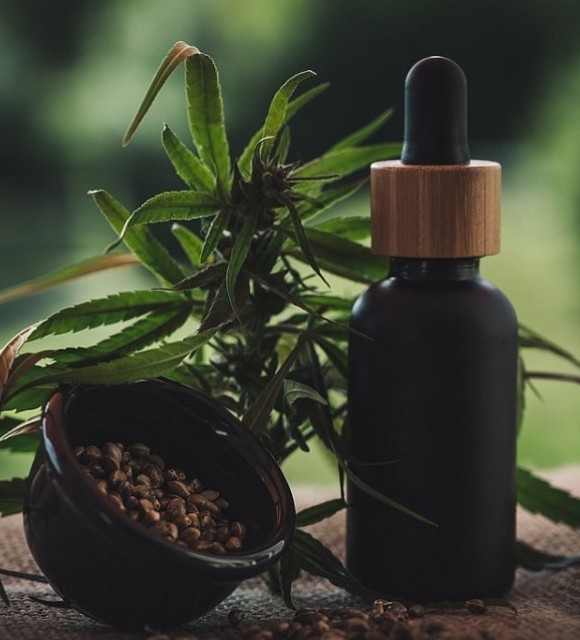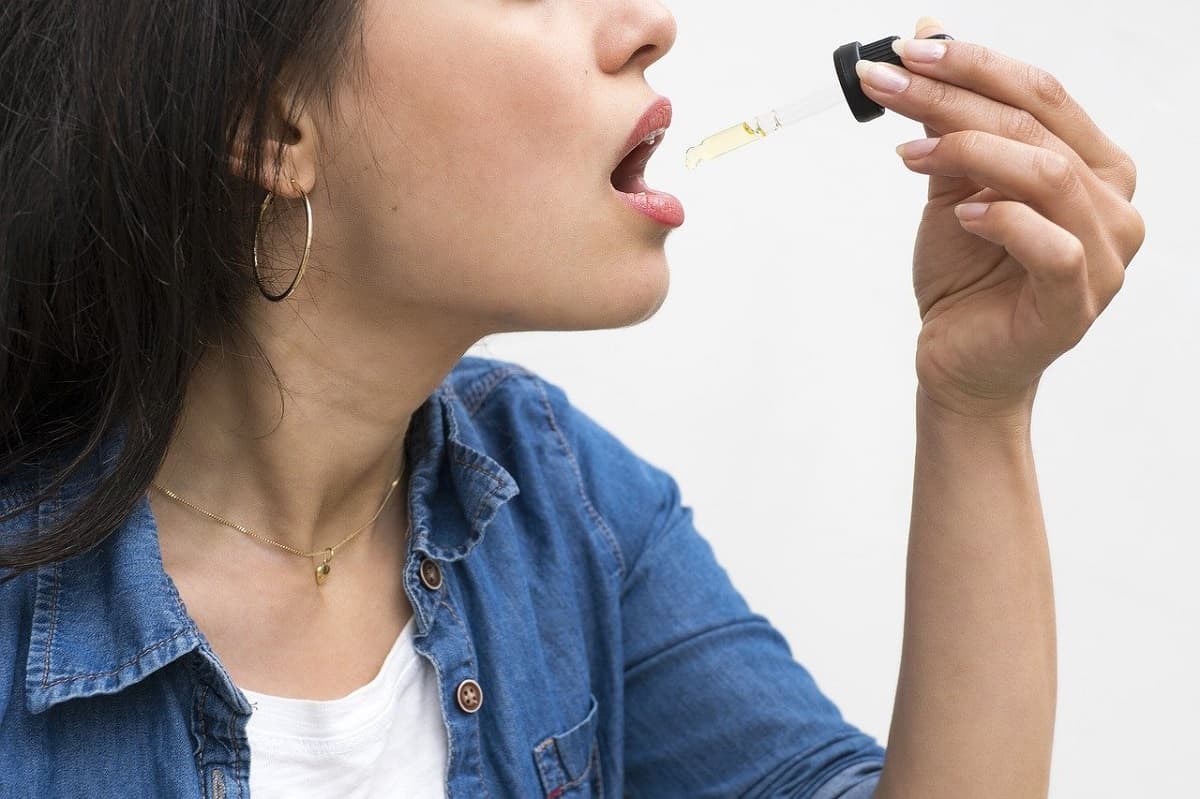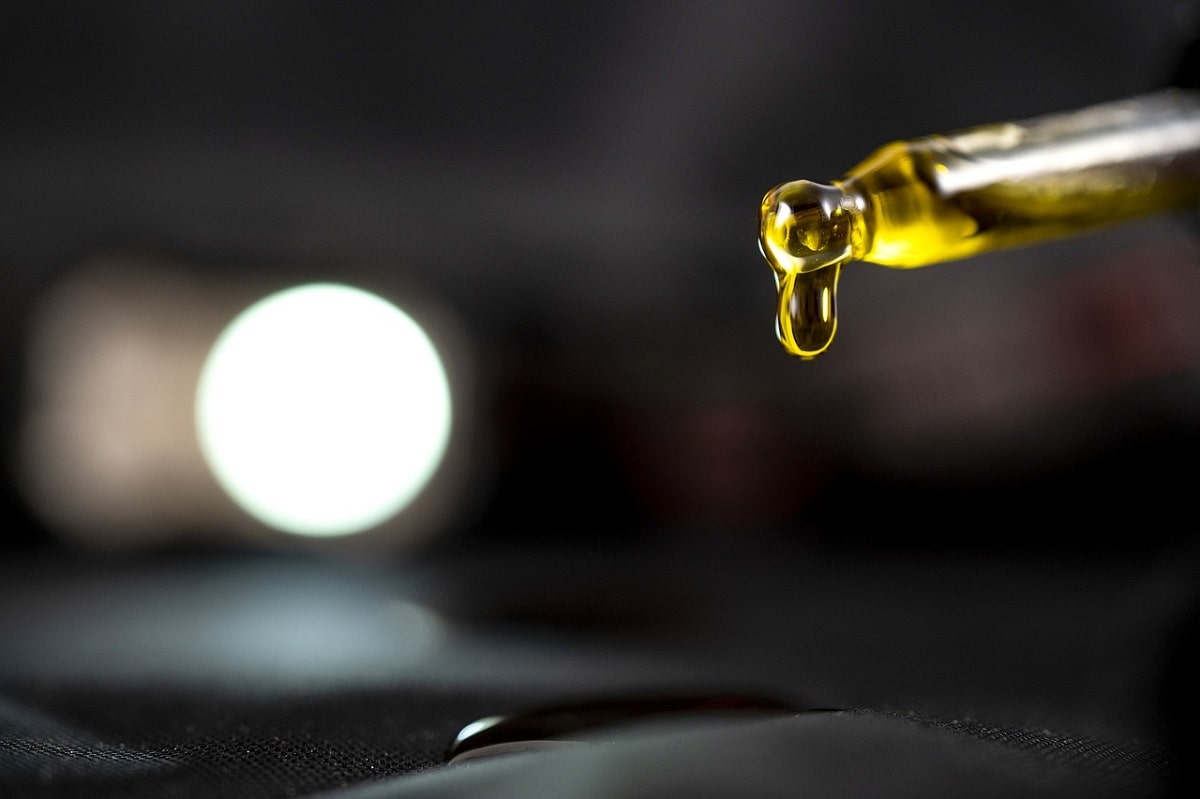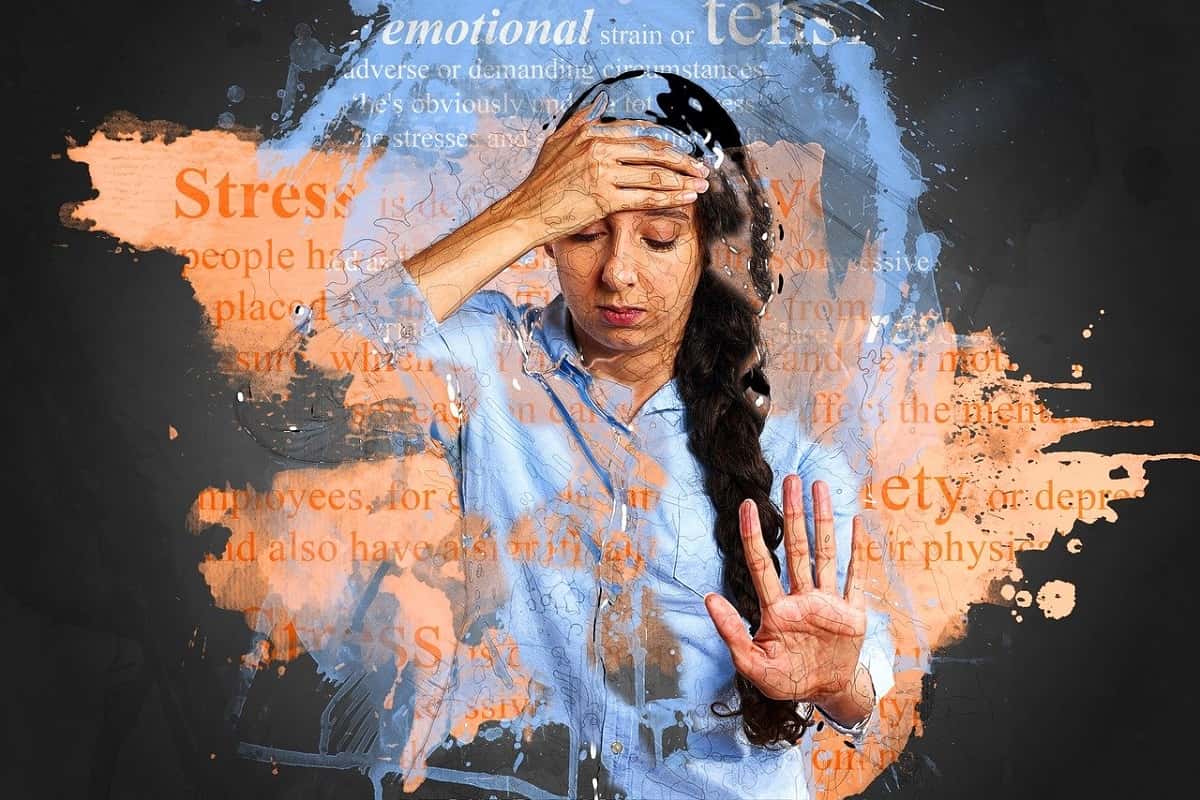CBD stands for cannabidiol, a molecule found in the cannabis plant. It can be found in the form of oil, flower, resin, crystals, capsules, food products, cosmetics, and more. While CBD and THC are both derived from the cannabis plant, CBD-based products do not contain enough tetrahydrocannabinol (THC) to produce psychotropic effects. This is because CBD is derived from cannabis plants that still contain less than 0.2% THC.
While CBD does not produce a psychoactive effect, many have questions about its dangerousness. While many researchers promote it, others continue to be apprehensive about the substance. But what is it really like?






